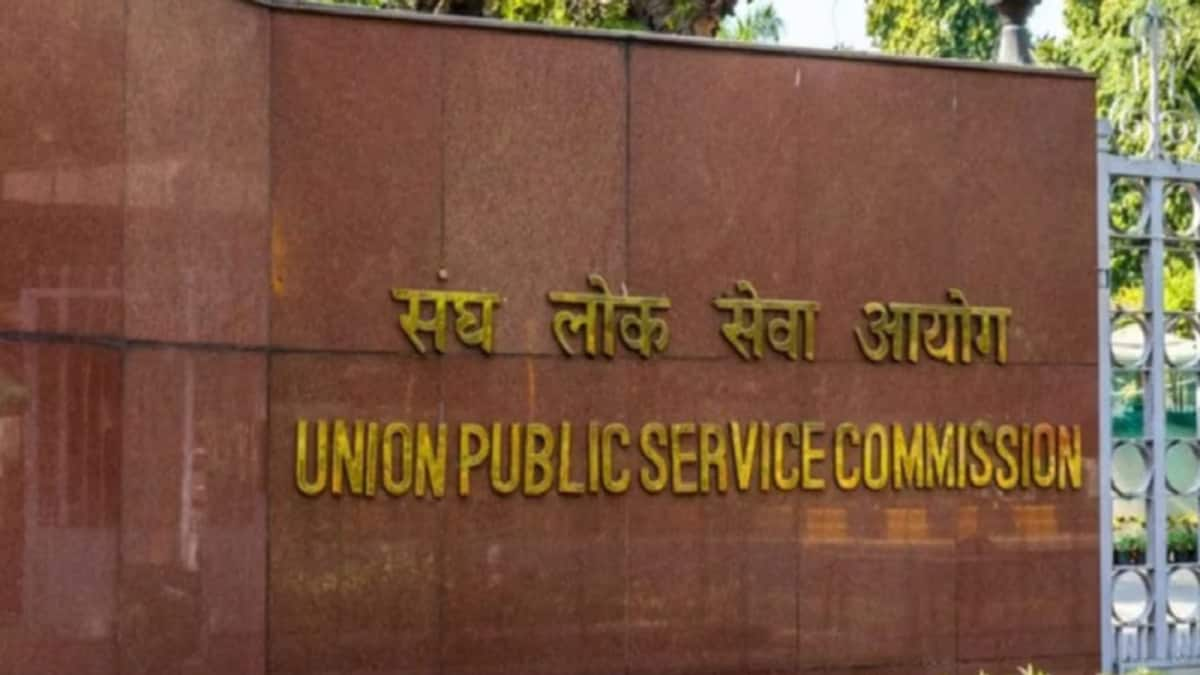- March 25, 2025
Cleared UPSC In 2008, Appointed In 2024: Visually Challenged Candidate Gets His Dream Job After 15-Year Legal Battle – News18

Last Updated:
Shiwam Kumar Srivastava, a visually impaired man from Bihar, won a 15-year legal battle against UPSC in 2024, securing his appointment to the Indian Information Service.
Visually impaired man wins 15-year legal battle against UPSC.
In a landmark victory for disability rights, a visually impaired man from Bihar emerged victorious in a 15-year-long legal battle against the Union Public Service Commission (UPSC). The case, which concluded in 2024, set a precedent against discrimination in civil service selections.
Shiwam Kumar Srivastava, who lost his eyesight at the age of 17, cleared the prestigious UPSC examination in 2008. However, despite meeting all eligibility criteria, his name was excluded from the final selection list. Determined to fight for his rights, he filed a petition with the Central Administrative Tribunal (CAT) in 2009. In 2012, CAT ruled in his favour, directing the government to appoint him. However, the Centre challenged the verdict, leading to a prolonged legal struggle that escalated to the Supreme Court.
From 2014 to 2024, Srivastava fought tirelessly across various legal forums, including the Delhi High Court and the Minorities Commission. His case became a symbol of resistance against bureaucratic discrimination. The Supreme Court finally ruled in his favour in 2024, ordering his rightful appointment to the Indian Information Service (IIS). However, due to the years of delay, his batchmates had already risen to senior positions, a reality that underscores the cost of the injustice he endured.
Despite this setback, Srivastava’s victory reaffirmed the rights of disabled candidates, ensuring that UPSC and other government bodies can no longer discriminate against them in civil service selections.
Born in Motihari, Bihar, Srivastava moved to Delhi in 2001 to prepare for the UPSC examinations while working as a junior assistant in a court. His journey was fraught with challenges, including the systemic denial of promotions for disabled employees. However, his determination to challenge these injustices transformed his personal battle into a larger movement for equal rights.
His wife, Pushpanjali Rani, whom he married in 2016, played a crucial role in supporting his fight. Together, they have raised two daughters while navigating the arduous legal battle. His family’s unwavering support, especially from his parents and brothers, provided him with the strength to persist.







